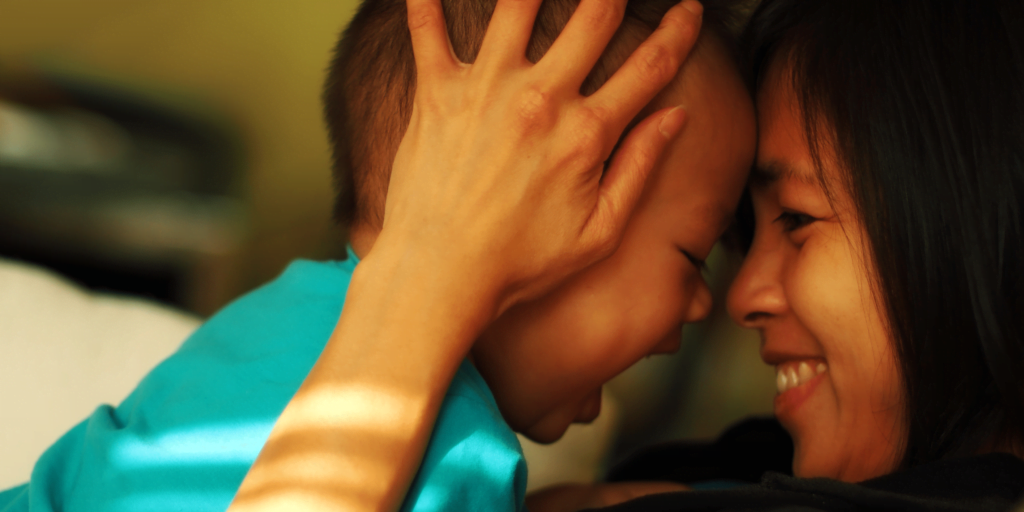Care and Women
I was recently reading on social media about a woman’s discomfort when dealing with government paperwork in labeling her partner a “secondary” caregiver of her child. She felt that the father of her kids was very much an active and present parent, and that he shouldn’t be downgraded to “secondary”. However the reality in Australia at present is that for most women in heterosexual relationships who have been able to become parents, they are the ones doing the majority of caregiving. The sleepless nights, the bulk of nappy changing, the school pick ups, drop offs, notes, forms, outfits and outings, the playdates, birthday parties and gifts getting, the readers and homework and the near constant reminders to perform basic hygiene tasks.
I say this in no way to negate all the awesome Dads out there, because I’m sure there area whole shedload of Dads doing their fair share of caregiving. But let’s not kid ourselves here (no pun intended; the majority of this work – and it is work – falls to women. This is partly because it’s the way it has “always been”, and also because there is a mighty difference in the way men and women are treated when they request parental leave. You can listen to Annabelle Crabb’s “Men at work: Australia’s parenthood trap” for all the frustrating details.
Women in Australia in 2022 are still far more likely to be working part-time and more likely to be in casual, insecure work. Men are far more likely to be working long hours in a full time, secure job. This gendered polarisation of working time reduces the opportunities for men to participate in caregiving, and decreases their partners opportunities to engage in secure paid work. The last two years of pandemic crappiness has put pressure on an already deeply flawed system. A huge swathe of women found lockdown and homeschooling too much, and reduced their hours or quit their jobs. The ‘care workforce’ (majority women) are completely exhausted.
To create a world where both parents are able to be “primary caregivers” – we need to dramatically change both the way we work and the way we care. We need meaningful, well paid, secure work that supports decent care through paid leave, free early childhood education and care, and fully funded high quality aged care. Now that would be a great Mother’s Day present!
Check out the Work, Care & Family Policies – Federal Election Benchmarks 2022, Work & Family Policy Roundtable. These folks are academics from 18 universities and research institutes with expertise on work, care and family policy.
About Kathryn RenwickKathryn, our Engagement Lead, has over a decade’s experience in local government and not-for-profit, working across social and health planning, community development and engagement. Her work is grounded in social justice principles; recognising the barriers that exist within our society and trying to lower them.
She considers it a privilege to work with the community and discuss the issues that matter to them. Bringing an outcome focused, open and flexible approach, Kathryn has a passion for people, engagement, and data. Integrity and accuracy are important to her – being true to the data and what people are saying.


